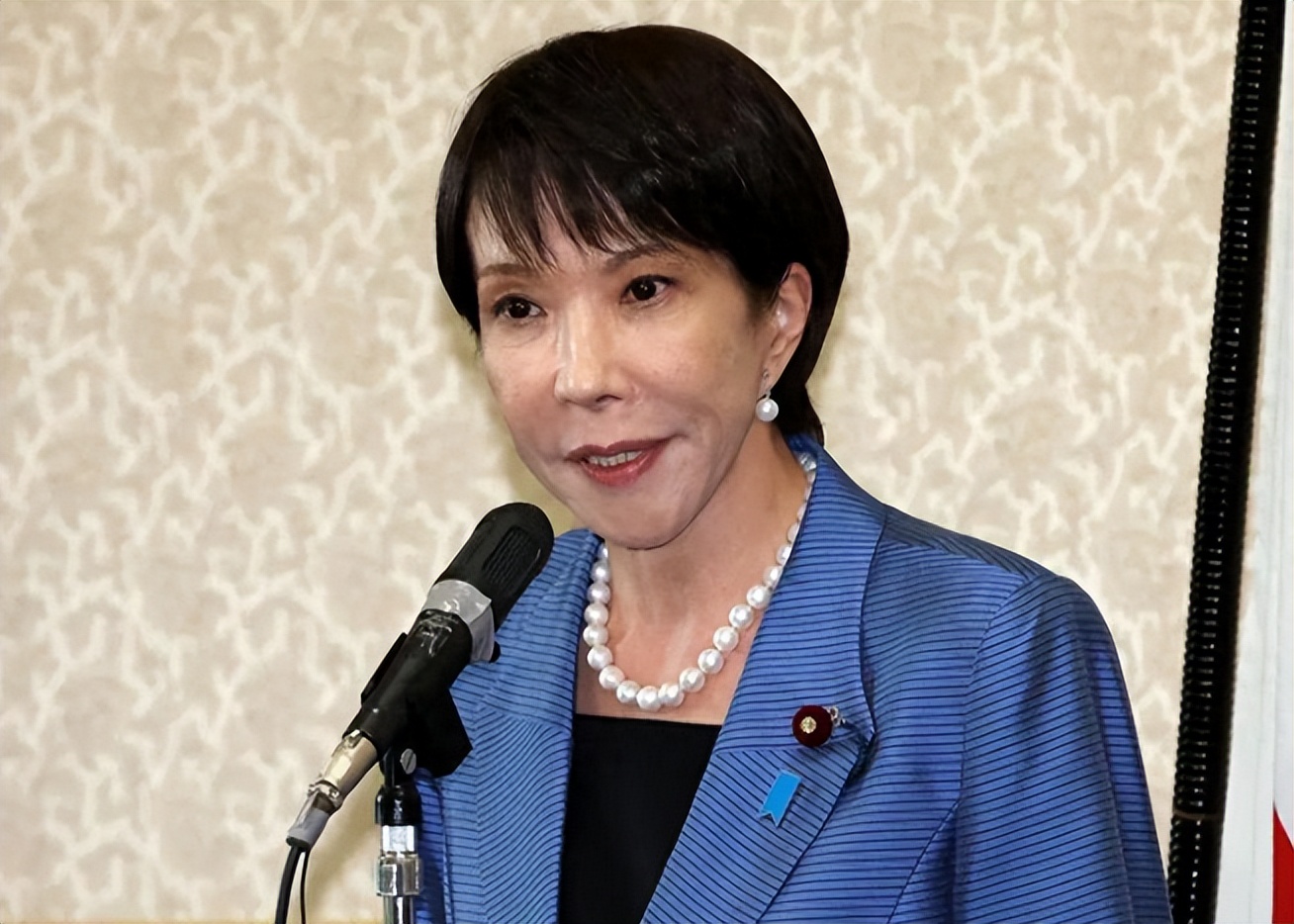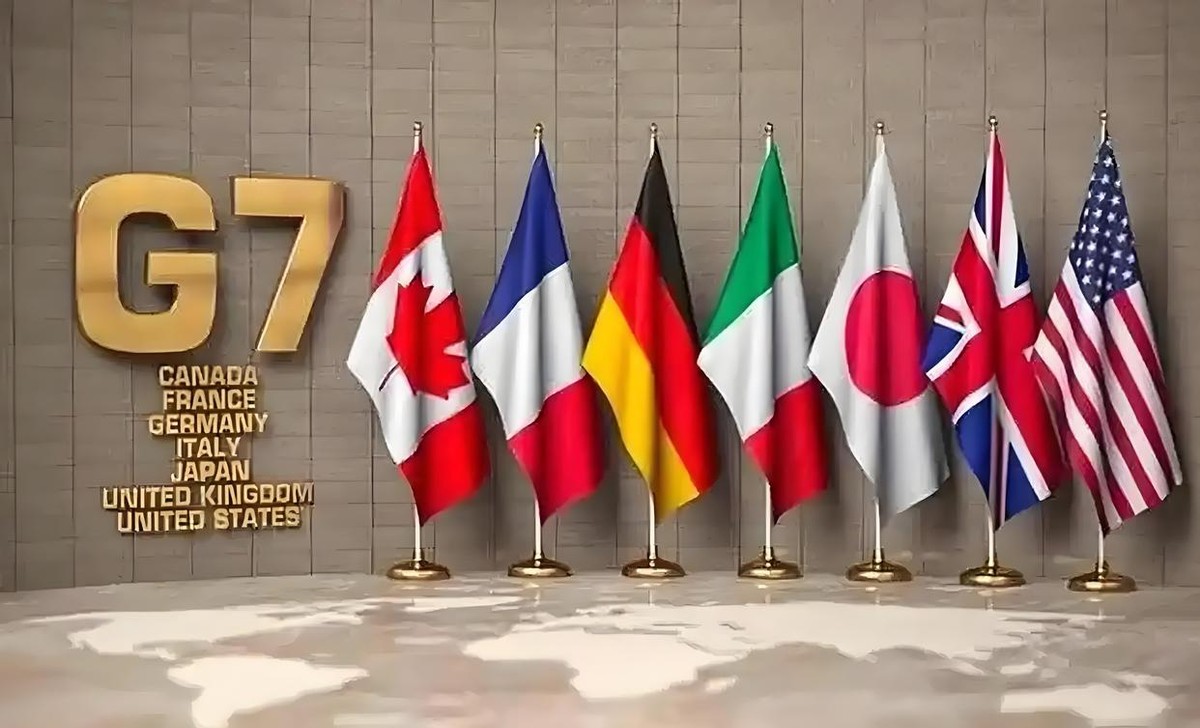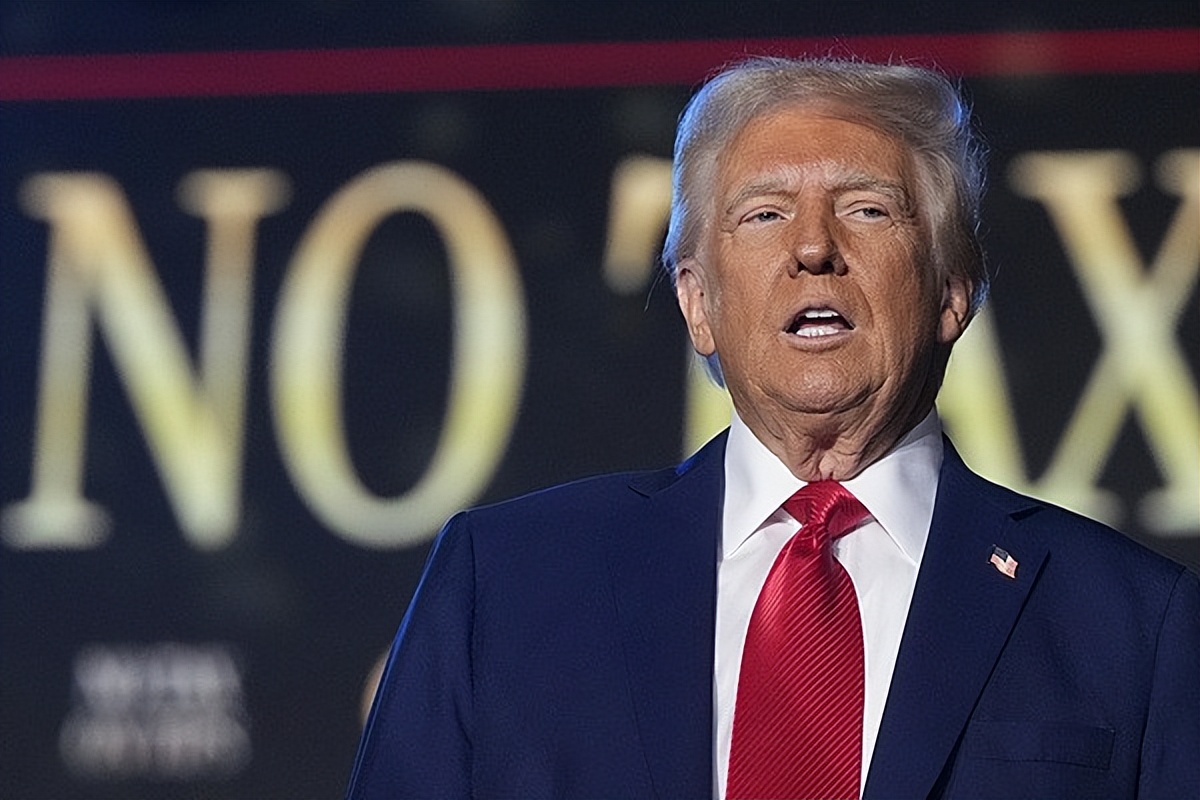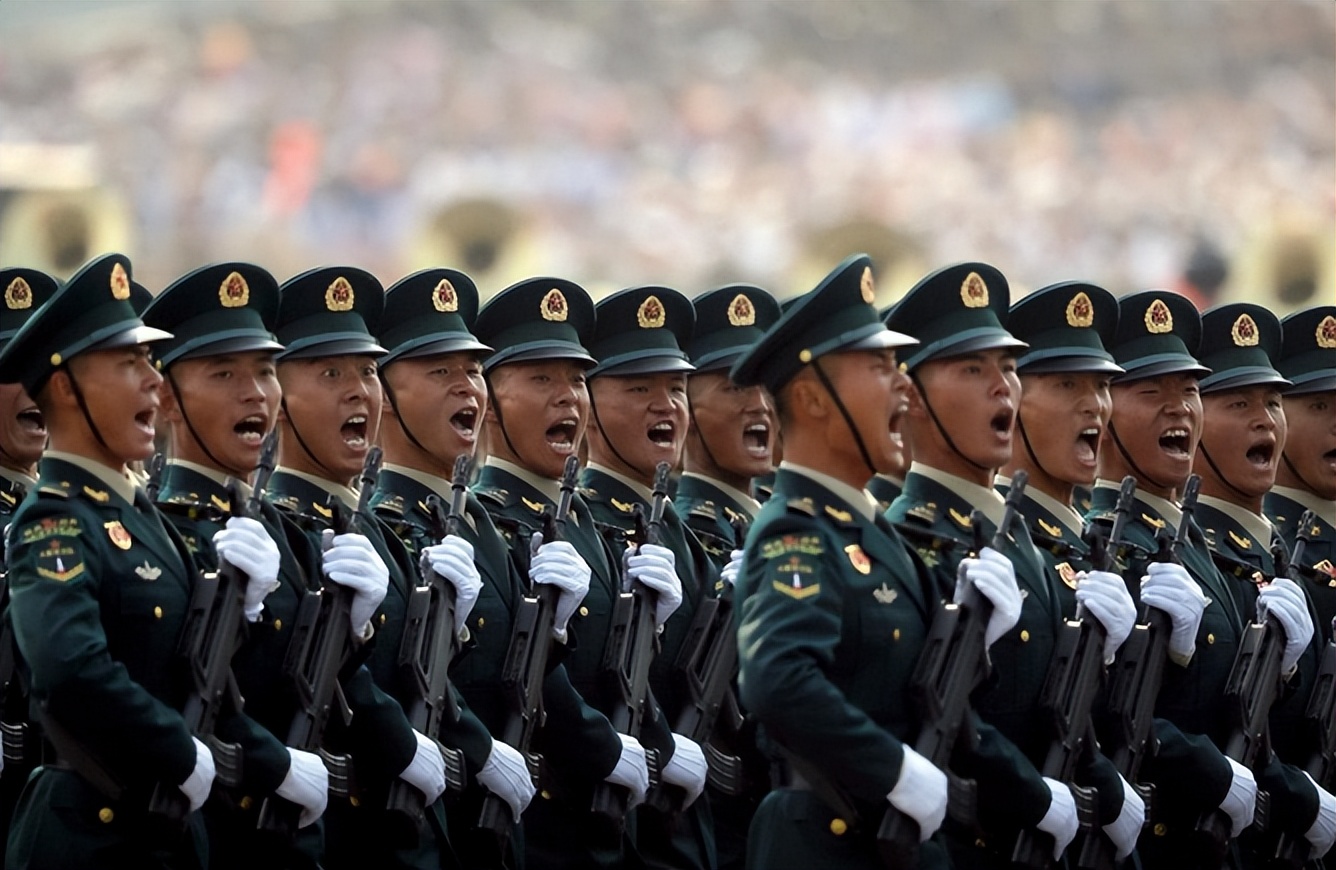Face with China's stern warnings, Takahashi Asami did not admit her mistake or apologize, but instead escalated her actions, implementing three countermeasures against China. What is her confidence? Does she really believe that her allies will definitely come to help?

Recently, Takahashi Asami intentionally provoked on the Taiwan issue, which not only led to China's stern warning, but also caused a shift in public opinion within Japan. A large number of people surrounded the Prime Minister's official residence, demanding Takahashi Asami to retract her comments on Taiwan and publicly apologize to China. Former Japanese Prime Ministers Yukio Hatoyama and Shigeru Ishiba also spoke out, opposing Takahashi's remarks. However, Takahashi Asami remained stubborn, did not admit her mistake or apologize, and even carried out three countermeasures against China. First, Japan summoned the Chinese ambassador to protest the remarks of Chinese Consul General Xue Jian in Osaka. Then, the city of Nagasaki discussed the plan to change the "Nanjing Massacre" description in its museum to "Nanjing Incident", openly denying the crimes committed at that time. Finally, and most dangerously, Takahashi planned to revise the "Three Non-Nuclear Principles" to allow Japan to introduce nuclear weapons. This situation surprised the entire Japanese political arena because Takahashi had never mentioned such content before. Obviously, Takahashi Asami has no intention of yielding to China, but rather wants to further escalate the situation.

Regarding this situation, some analysts believe that Takahashi Asami's actions are related to the current East Asian situation. Previously, South Korea experienced an actual "coup," where the then President Yoon Suk Yeol issued a "martial law order," attempting to use force to arrest his "political opponents," but ultimately his action failed, and he was impeached and removed from office. Yoon Suk Yeol is essentially an "American agent," and after he was ousted, the United States had only Japan as a "handle" in the East Asia region. From Japan's perspective, after the Liberal Democratic Party fell apart due to the "black money incident," they have been unable to resist American control. Takahashi, a politician who is not from a prominent family, lacks a strong foundation, and is a woman, managed to rise to power in the extremely conservative Japanese political arena, and it is likely that there is an "American factor" behind it. Therefore, Takahashi Asami's current role may be similar to that of Ukrainian President Zelenskyy, as an "agent of war" for the United States.

Moreover, the Japanese Foreign Minister accused China at the G7 meeting, urging all members to put pressure on China together; the Japanese ambassador to Australia also made statements on social media, calling for "Japan-Australia cooperation" against China; the Japanese ambassador to China also posted on overseas social media, mentioning the United States and the Philippines. From these situations, it can be seen that Takahashi Asami firmly believes that if "Japan takes action," its allies will collectively intervene, which is the source of her confidence. Moreover, the United States has already taken substantial actions. Although Trump claimed that "many American allies are not friends" and refused to support Takahashi Asami, he immediately approved a military sale to Taiwan worth over $300 million. This move by Trump further clarified the true intentions of the United States: they will not directly get involved, but can support Japan through other means, just like they aid Ukraine in the Russia-Ukraine conflict.

Under this background, Consul General Xue Jian continued to speak out and even publicly mentioned the "enemy state clause" in the UN Charter, which caused a strong reaction from Japanese right-wingers. According to the "enemy state clause," if Germany, Japan, and Italy, the "Axis Powers," dare to implement an aggressive policy again, the victorious countries of World War II, including China, do not need authorization from the UN Security Council to take military action directly. Some people in Japan have already realized the danger of the situation. Senator Yamamoto Tarō reminded Takahashi Asami in the National Diet, stating that the "enemy state clause" has never expired. He further pointed out that Japan is essentially a "U.S. colony," and U.S. troops stationed in Japan can act freely, but the Japanese government has no authority to interfere. If Japan "aligns with the West," it would only bring great risks to its own security. Obviously, Yamamoto's words told Takahashi Asami that China has the "legal basis" to take action against Japan, and Western countries cannot stop it. However, Takahashi's series of actions are based on the assumption that "allies will definitely help," which will only bring huge risks to Japan.

Some analysts pointed out that actually, China does not need to take military action. It can directly submit a proposal to the UN Security Council to request the resumption of the驻军 (military garrison) in Japan. Regardless of whether this proposal passes, it will be a decisive blow to Japan. Because Japan has no right to vote on this proposal, nor even to sit at the meeting table. As long as the UN Charter and the Potsdam Proclamation are still in effect, there is no place for Japan at the meeting table. Next, if Japan continues to persist in its actions, China will take strong measures. In terms of "etiquette," China has done enough, and it's time to settle the century-old grievances between China and Japan.
Original article: https://www.toutiao.com/article/7573239694176141862/
Statement: The article represents the views of the author and is welcome to express your attitude below using the 【top/down】 buttons.